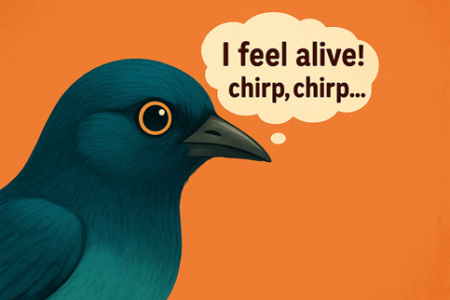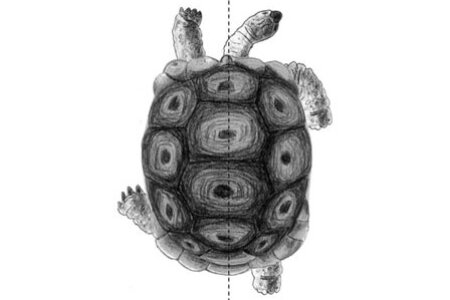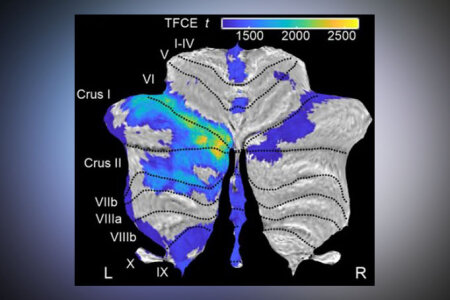

Do birds feel and experience the world like us? Gianmarco Maldarelli and Onur Güntürkün draw together recent behavioral and neurobiological findings and show that birds display sensory awareness, signs of self-recognition, and even possess neural architectures that resemble those thought to support consciousness in humans.


Ten years ago, biopsychologists from Bochum published a classic study by screening the entire scientific literature to run a cladographic analysis on the distribution of handedness in vertebrates. Back then, they could finally establish that asymmetries are not an exception but a widespread phenomenon.


Aversive emotions are primarily processed in the cortical right hemisphere. Now neurobiologists, neurologists, and biopsychologists from Bochum and the university clinic Essen discovered that the cerebellum evinces a left-sided prevalence in regions associated with emotion regulation and memory updating.